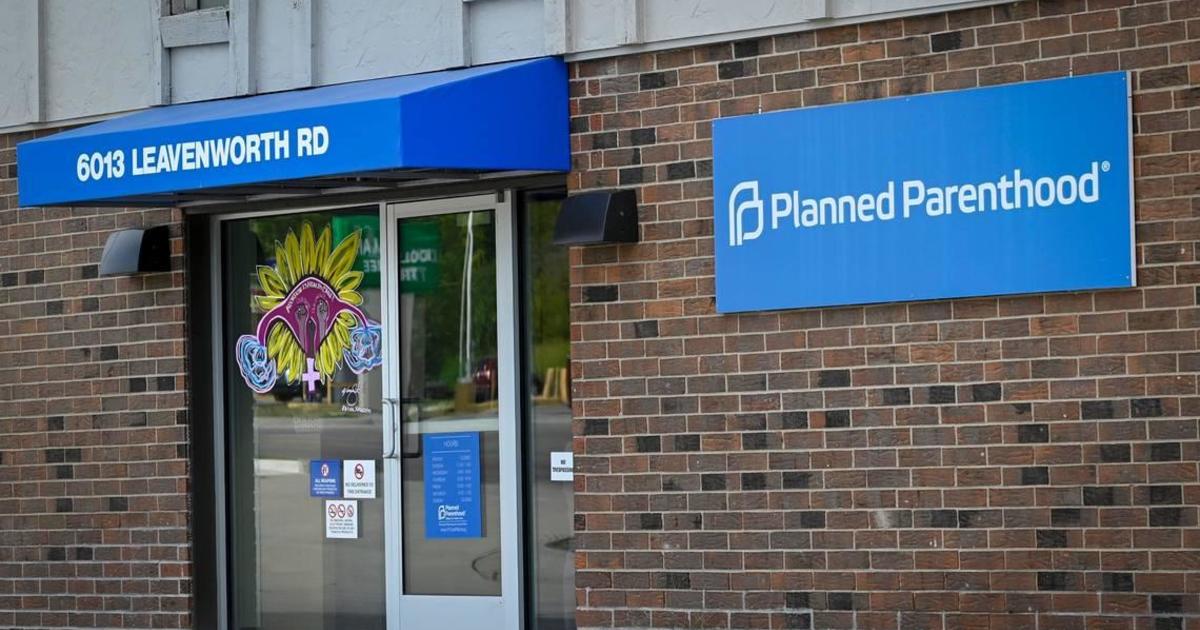Justice Dept Pulls Back: Trump Administration Softens Stance on Abortion Clinic Protection Laws

The Freedom of Access to Clinic Entrances (FACE) Act stands as a critical legal shield protecting reproductive healthcare access across the United States. This landmark legislation makes it a federal crime to use force, threat, or physical obstruction that intentionally prevents individuals from seeking or providing essential reproductive health services.
Under the FACE Act, anyone who intentionally damages, intimidates, or interferes with healthcare facilities or personnel providing reproductive health services can face serious legal consequences. The law is designed to ensure that patients can access medical care without fear of harassment, violence, or intimidation.
The act specifically prohibits actions such as blocking clinic entrances, using physical force or threats against healthcare providers or patients, and causing deliberate property damage to facilities that offer reproductive health services. By establishing clear legal protections, the FACE Act safeguards the fundamental right of individuals to receive comprehensive healthcare without undue interference.
